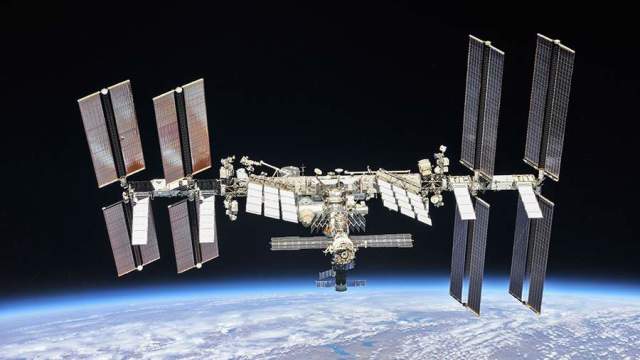The International Space Station (ISS), with proper technical support, is capable of operating until 2030. This was announced on Wednesday, December 15, by the Director General of Roscosmos Dmitry Rogozin.
"At a meeting of the multilateral coordination council of the ISS program held in July this year, representatives of all national space agencies of partner countries, including the state corporation Roscosmos, confirmed that with proper technical support, the station is capable of operating in low Earth orbit until 2030," he said in an interview with Interfax.
He also noted that the partners have almost completed the work on assessing the technical feasibility of extending the life of the plant elements to this date.
On October 26, Rogozin said that U.S. representatives at a meeting with him talked about the possibility of extending the operation of the ISS for a period up to 2030.
On October 4, it became known that the modules of the American segment of the International Space Station have about 250 serious technical comments. At the same time, 80% of the equipment in the Russian segment of the station has already exhausted its resource. Among the comments is a leak in the intermediate chamber of the Zvezda module, which makes the docking port temporarily unavailable.
On September 13, the head of NASA's manned flight program, Kathy Luders, said that the organization expects to extend the operation of the International Space Station for at least 10 years. According to her, NASA is working with partners around the world to make sure that the ISS meets the needs of the industry.
In July, during a meeting of the Presidium of the Scientific and Technical Council, the Council of Chief Designers concluded that due to the aging of a significant part of the ISS equipment, further operation of the Russian segment of the ISS after 2024 creates additional risks.

